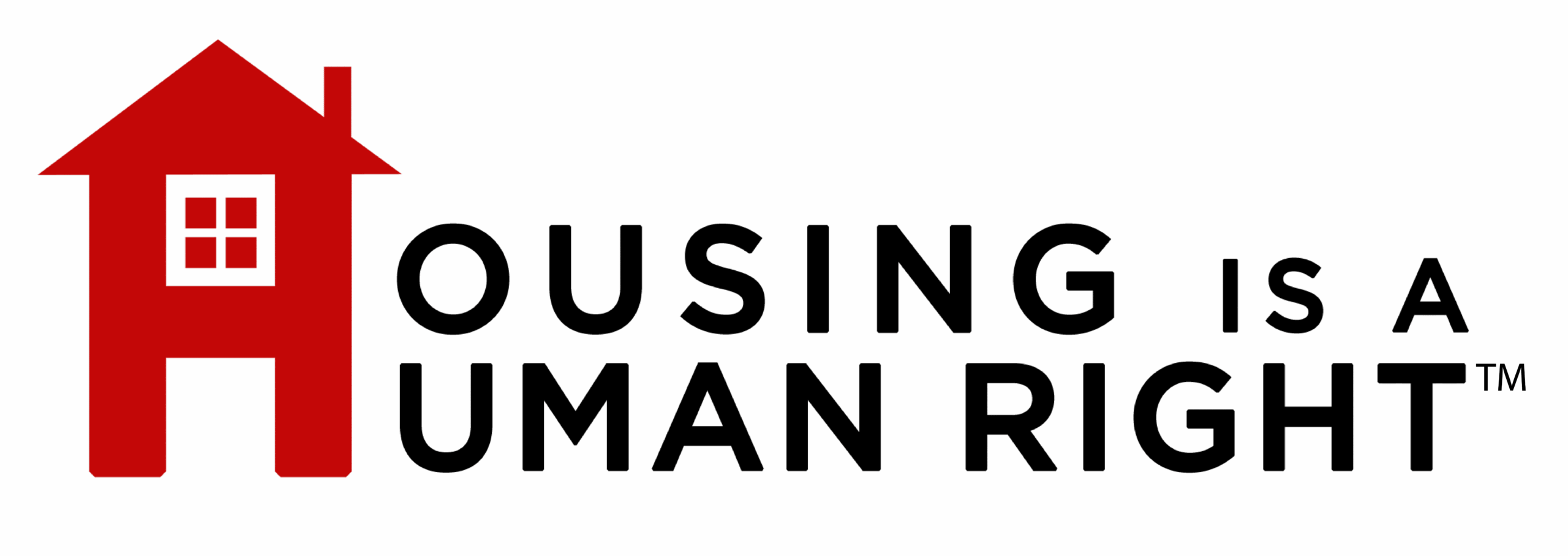The Baha’i Faith, a global religion founded in the 19th century, espouses principles that advocate for comprehensive social justice, equity, and the intrinsic value of humanity. Among these principles is the pivotal concept that housing is a fundamental human right. This ideology aligns with the broader tenets of the Baha’i teachings, which emphasize the interconnectedness of all people and the necessity for communal progress. This article elucidates the Baha’i perspective on housing as a human right, reflecting on its implications for social justice, communal responsibility, and individual dignity.
At the core of Baha’i teachings is the recognition of the inherent dignity of every individual. Baha’u’llah, the founder of the Baha’i Faith, proclaimed that all human beings are created equal and that discrimination of any form is antithetical to divine principles. Housing, as an essential component of human existence, is therefore viewed as a right that must be universally upheld. Access to adequate and safe shelter is not merely a material concern but an integral part of fostering human dignity and well-being.
Within this framework, the Baha’is advocate for an equitable distribution of resources that includes, importantly, housing. The universal right to housing is linked to the Baha’i teaching of the oneness of humanity. The inequities observed in housing—marked by systemic poverty, homelessness, and inadequate living conditions—are seen as reflections of a broader ailment in the social fabric. Hence, the pursuit of housing justice is not only a humanitarian concern but also a moral imperative that must be addressed collectively.
Baha’i teachings emphasize the concept of community. The community plays a pivotal role in ensuring that every individual has access to basic needs, including shelter. The Baha’i model suggests that local communities can be engaged in collective efforts to address housing issues within their jurisdictions. Initiatives may include cooperative housing projects, community development plans, and partnerships with governmental and non-governmental organizations aimed at enhancing access to safe and adequate housing. This participatory approach aligns with the Baha’i belief in the power of collaboration and collective action to effectuate social change.
Furthermore, the intersectionality of housing and other social justice issues is a vital consideration within the Baha’i framework. Factors such as race, gender, and socio-economic status often influence an individual’s access to housing. The Baha’i teachings call for a holistic examination of these issues. An integrated approach recognizes that housing inequality is not an isolated phenomenon but rather one that intertwines with education, health, and economic opportunities. Social justice activists within the Baha’i community advocate for policies that dismantle structural barriers, fostering environments where equality can thrive.
The personal aspect of housing as a human right is also emphasized within Baha’i discourse. Home is not just a place of residence; it is a sanctuary that shapes an individual’s identity, experiences, and relationships. The Baha’i writings underscore the importance of a nurturing environment for the development of the individual’s spiritual, intellectual, and emotional faculties. Therefore, ensuring that every person has access to a safe and loving home is paramount.
Moreover, Baha’is are encouraged to be proactive in the pursuit of justice, embodying the teachings of compassion, service, and humility. Individual actions, when aligned with community efforts, have the power to transform the landscape of housing disparities. Engaging in advocacy, participating in dialogues about housing policies, and supporting initiatives that promote affordable housing are some ways individuals can contribute to this cause. The intertwining of personal responsibility with communal effort is a salient feature of the Baha’i teachings that can yield significant impacts.
The concept of housing as a human right also invites discussion on sustainability and the environment. The Baha’i Faith teaches that humanity has a responsibility to protect the earth and its natural resources. As cities expand and populations grow, the challenge of sustainable housing becomes increasingly pressing. A Baha’i perspective advocates for environmentally friendly housing solutions—including green building practices and sustainable urban design—that not only provide shelter but also minimize ecological footprints. This dual focus on human rights and environmental stewardship underscores the interconnected challenges of our time.
In defining the right to housing, Baha’i teachings suggest that it should be adequate and dignified. This encompasses not only the physical structure but also the community services that support healthy living—such as access to education, health care, transport, and other essential amenities. Baha’is believe that housing should foster conditions conducive to the flourishing of individuals and families, promoting solidarity and welfare within communities.
The framework provided by Baha’i teachings seeks the elimination of all forms of prejudice, including those that manifest within housing policies and practices. Discrimination based on socioeconomic status, race, or religion continues to create barriers to equitable housing. Baha’is are called to advocate for just policies that reflect the unity of humanity and reject discrimination in all its forms. This requires not only policy reform but also a transformative shift in societal attitudes towards housing as an essential human entitlement.
In conclusion, the Baha’i perspective on housing as a human right is deeply interwoven with its broader teachings on social justice, community responsibility, and individual dignity. This comprehensive understanding emphasizes the moral imperative for individuals and communities to take active roles in advocating for equitable housing solutions. Through collective action, compassionate engagement, and holistic approaches, it is possible to create a world where the right to housing is universally recognized and facilitated—a goal that resonates profoundly with the core tenets of the Baha’i Faith.
